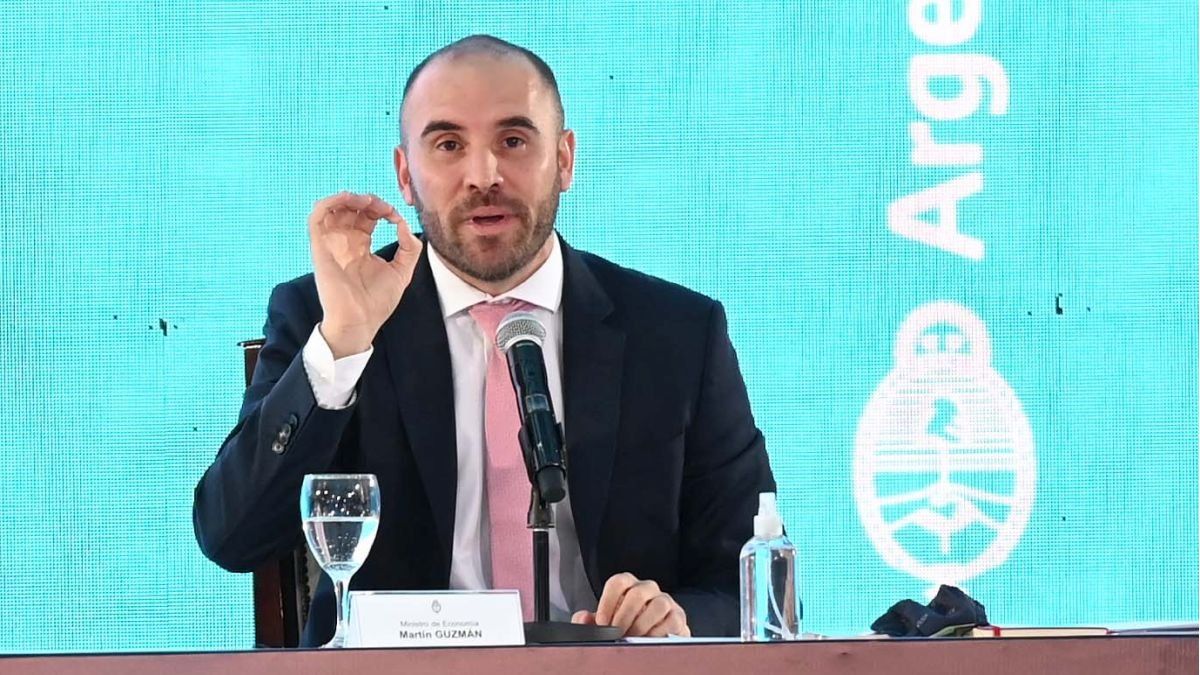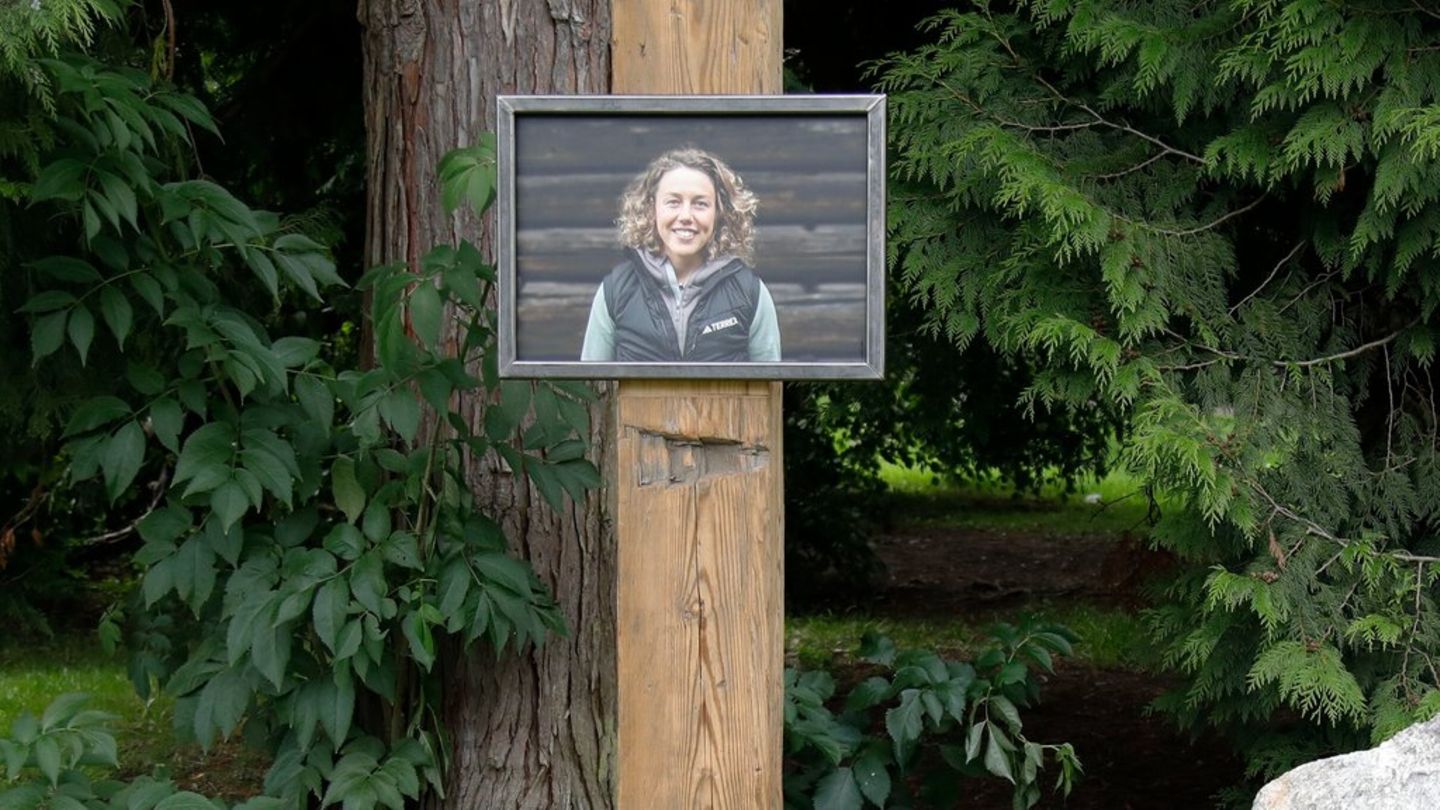In any case, Vanoli assured that in order to “defend growth”, social items or infrastructure and public works should not be cut. For this reason, beyond growth to lower the deficit, the former head of Anses stressed that “additional issues will be needed, such as increasing tax revenues.”
In that sense, he recalled that in 2021 the taxes on the sectors with the highest contributory capacity were one point of GDP. “There are several ideas related to making a tax reform that do not only mean making an extraordinary contribution to the great fortunes again,” he clarified.
Asked about what tax reform could be done, Vanoli mentioned that exemptions should be discussed. “We always talk about subsidies, but tax exemptions, in the Judiciary, or in promotional regimes, mean 2 points of GDP,” he mentioned. In addition, he added that current taxes should be made “more progressive”, such as the Income Tax, which “immediately reaches 35%,” and added that other taxes, such as inheritance tax, should be discussed. “Nothing generates more inequality than starting from a heritage.”
For Nadin Argañaraz, director of the Argentine Institute of Fiscal Analysis (IARAF), it will also take more than an improvement in activity. “There has to be growth, but you are going to require issues on the income side, or on the spending side, or both combined,” he said. On the income side, the doctor in economics stated that the problem is that in 2021 the collection of 2019 was already recovered, a year without a pandemic, because the collection rose 73.6%.
“This 2022 there may be an improvement in taxes related to social security for employment, but less growth due to export duties. So there the question is how much more are you going to collect, and if instead they are going to modify any tax or will tax evasion be lowered “, Argañaraz wondered in dialogue with Ambit.
On the side of the drop in spending, the economist pointed out that the level of spending is “lower than in 2017” in real terms. The comparison comes from the latest IARAF report, which compares with 2017, the last year with the highest spending. “In 2021 you had a drop in the level of spending, but in addition, participation changed: today spending on subsidies is more important and the relative weight on retirements dropped.” For this reason, the analyst assured that not only the level of expenditure but its structure should be defined. What is observed in the report is that pensions fell 16.6% in real terms and subsidies grew 56.6%.
Given the difficult social situation, Argañaraz said: “It is not easy to reduce the main State expenses, such as pensions or public salaries, and in terms of subsidies, if rates rise less than inflation, real spending will continue being older ”, he assured. According to the budget bill that was not finally approved, part of the reduction in the fiscal deficit was explained by a decrease in energy subsidies, to users and companies. The subsidies will close in 2021 at more than $ 10 billion, according to Julián Rojo, an economist specializing in energy.
According to a calculation carried out by the IAE General Mosconi Institute, rates should rise by at least 60% so that subsidies do not continue to grow. In principle, the increases will be 20%, and there will be segmentation and greater increases to 500 thousand users in the metropolitan area.
“There is jurisprudence of the Cepis court ruling of 2016 that establishes that you cannot make excessive increases. 500 thousand users cannot compensate 11 million households ”, said Rojo. In the presentation with governors, the president, Alberto Fernández, anticipated that the increases will be less than the increase in salaries.
Source From: Ambito
David William is a talented author who has made a name for himself in the world of writing. He is a professional author who writes on a wide range of topics, from general interest to opinion news. David is currently working as a writer at 24 hours worlds where he brings his unique perspective and in-depth research to his articles, making them both informative and engaging.




